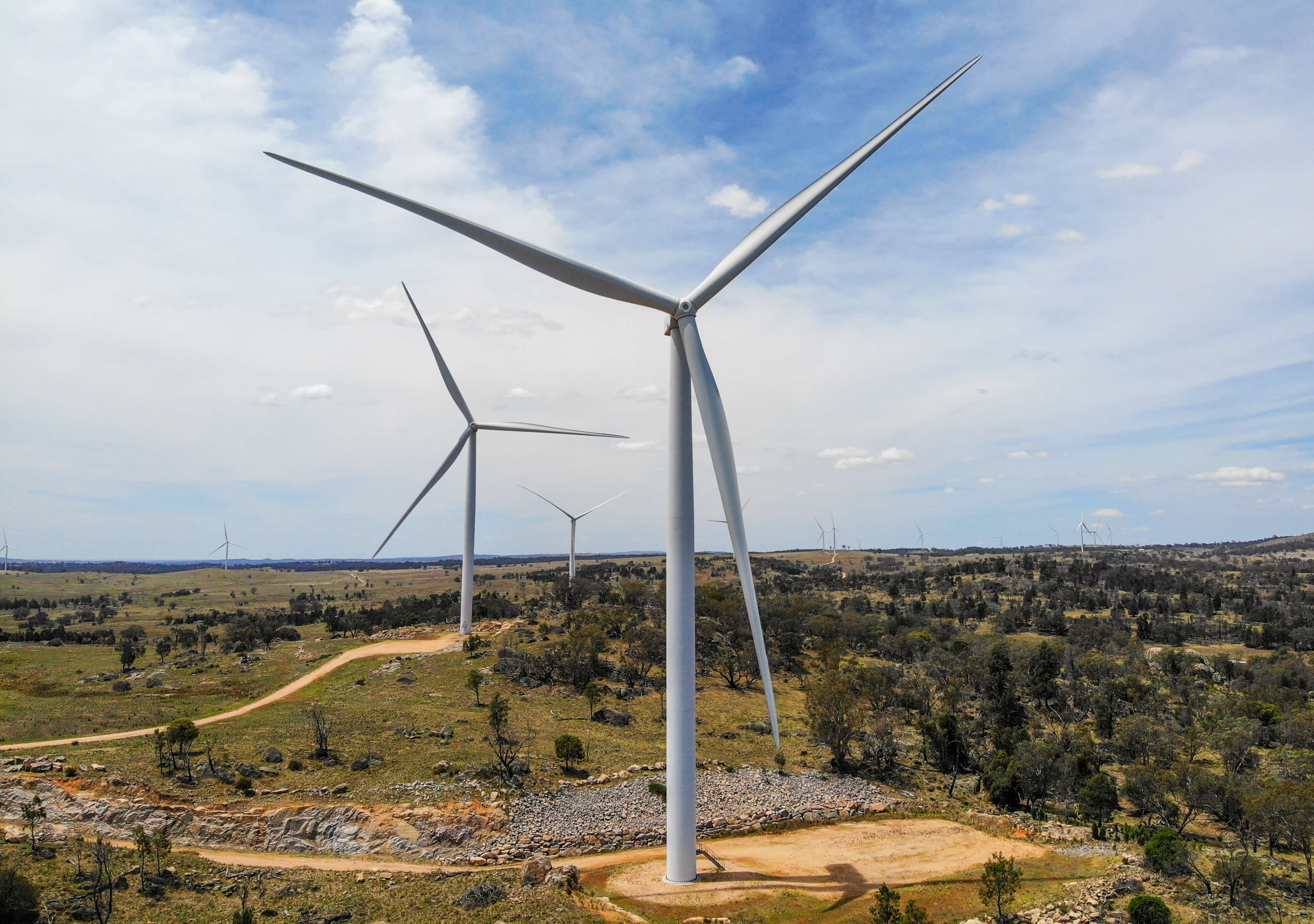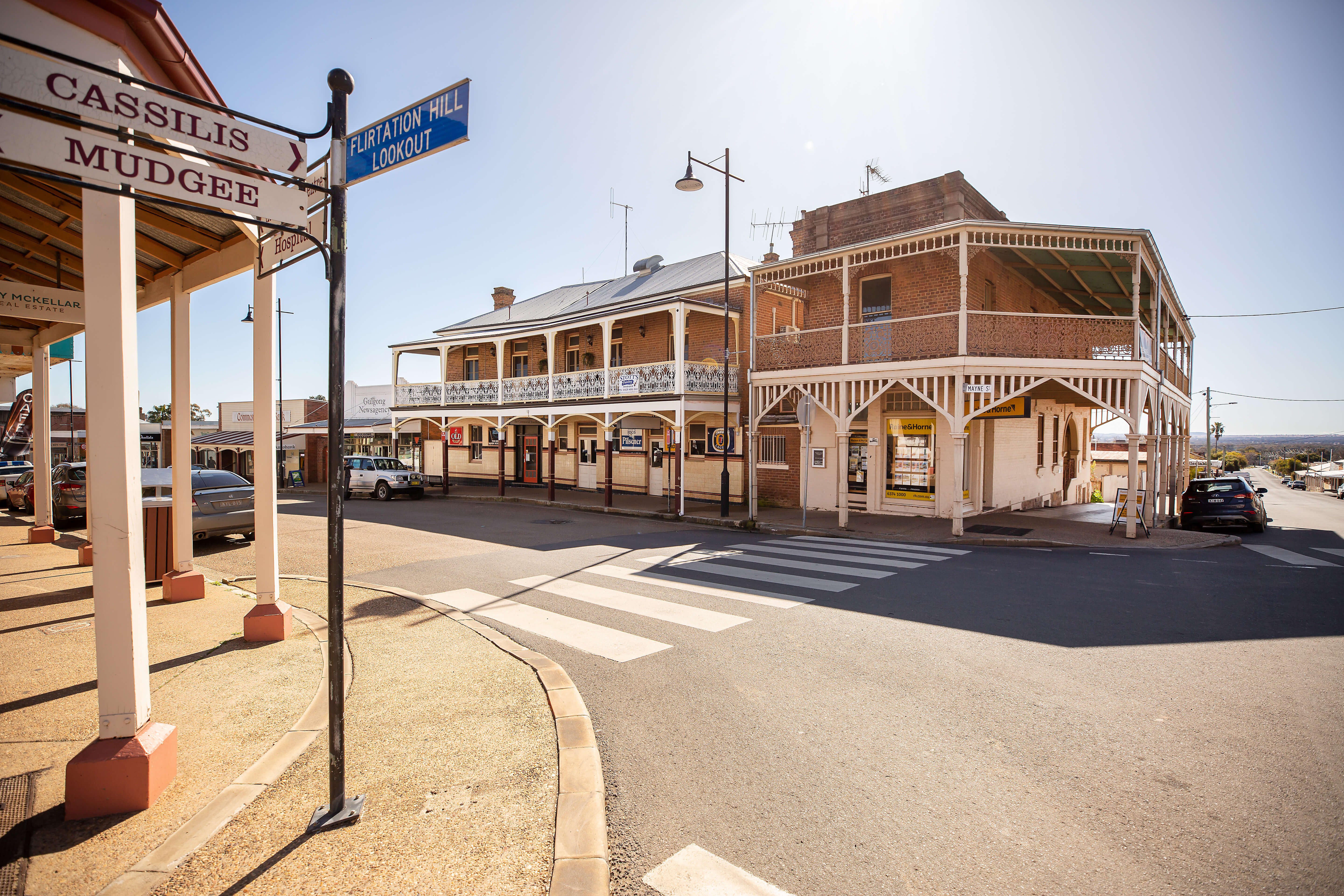EnergyCo is leading the energy transition in NSW by coordinating the development of Renewable Energy Zones (REZs) across the State. Most of the new energy infrastructure required to support the transition will be built in regional NSW, where our best natural energy resources are located.
EnergyCo is working to maximise the significant economic investment in regional energy infrastructure by delivering long-term positive benefits to regional communities that are hosting the critical infrastructure required for the transition.
We are working closely with communities, industry, regional stakeholders and government partners to coordinate the delivery of community benefits and ensure they are targeted to the unique needs and priorities of locals.
Read more about how EnergyCo is delivering community benefits in the REZs.
EnergyCo is committed to early, proactive and genuine engagement to ensure community input informs our planning for new network infrastructure projects and coordination of REZs.
We seek feedback through various channels, including:
- community working groups
- First Nations working groups
- feedback and surveys in REZ communities
- intergovernmental and council steering committees
- landowner consultation and community information sessions.
For more information on engagement activities, visit Latest updates or our project pages.
EnergyCo is delivering initiatives to ensure landowners share in the benefits of the once-in-a-generation economic opportunity presented by the energy transition.
This includes hosting new transmission lines, energy hubs, renewable energy projects, and related infrastructure.
Hosting transmission projects
The NSW Government has established a Strategic Benefit Payments Scheme, which will allow private landowners hosting new critical high voltage transmission projects to be paid a set rate of $200,000 per kilometre of transmission hosted, subject to CPI and paid out in annual instalments over 20 years.
For more information on the Scheme, visit Strategic Benefit Payments Scheme.
EnergyCo is developing a community and employment benefit program to ensure regional communities receive long-term benefits from the energy transition.
Types of community and employment projects and initiatives delivered in the program may include:
- public or community services or infrastructure
- health services or infrastructure
- accommodation or housing
- local or regional energy programs or infrastructure
- environmental programs or infrastructure
- parks and recreation infrastructure
- education programs or research
- arts or cultural programs
- tourism programs or infrastructure
- services, programs or infrastructure for First Nations people
- employment programs and associated services and facilities
- skills and training programs and associated services and facilities
- programs, services or facilities that support employees to gain employment skills or experience relevant to employment
- other services, programs or infrastructure that benefit the relevant local community.
We are committed to working with local communities, councils, First Nations organisations and other key stakeholders to help shape the community benefit initiatives we plan to deliver.
EnergyCo is working closely with a range of stakeholders to coordinate investment in the REZs and ensure long-term benefits are delivered to communities that are hosting energy infrastructure.
We have heard managing cumulative impacts from renewable energy projects is a key priority for REZ communities. A collaborative approach will be required from councils, developers, government agencies and other stakeholders to coordinate and address both REZ-wide impacts and opportunities. From consultation to date, we have identified the following topics as priorities to the community:
- Opportunities for workers and businesses
- Roads and transport
- Housing and accommodation
- Community services and infrastructure
- Mobile and internet connectivity.
In July 2023 EnergyCo established an intergovernmental and council Central-West Orana REZ steering committee to coordinate REZ-wide community benefits and strategies to manage cumulative impacts. The steering committee meets monthly on an ongoing basis. The SteerCo members include executives from:
- Dubbo Regional Council
- Mid-Western Regional Council
- Warrumbungle Shire Council
- EnergyCo
- Department of Regional NSW
- Department of Planning, Housing and Infrastructure (DPHI)
The committee is made up of five project working groups which represent the priority areas identified in the REZ, including:
- housing and accommodation
- environmental delivery coordination
- transport and logistics
- social services
- economic participation and development.
In 2023 the project working groups worked collaboratively to understand constraints and opportunities to deliver benefits and manage impacts across the priority areas. The findings were developed into draft action plans which will be finalised in 2024.
Steering committee documents

